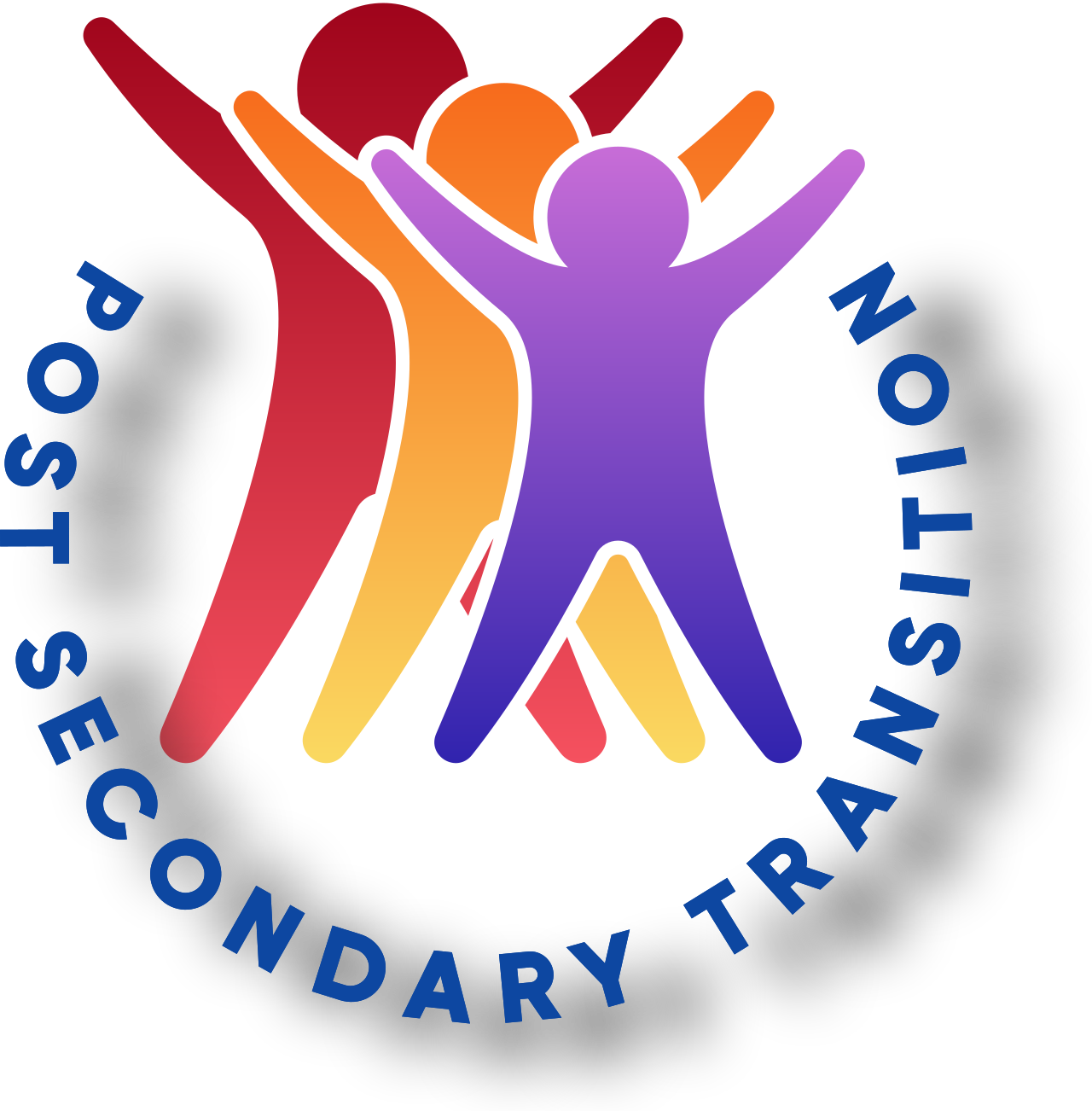The Transition Maze — Resources & Realistic Expectations
OMG! Transition-world is filled with crazy stuff like acronyms, complex systems and emotional decisions to everything else (which is in-between). From working with agencies that may include Developmental Disabilities, Social Security Administration, to simply understanding a student’s Individualized Education Program (IEP), families can sometimes face a STEEEEEEP learning curve.
Funny enough, Meghan always starts with something super simple: create a dedicated folder or binder for transition-related documents. As you navigate this process, the folder should/would/will include IEPs, assessments, and resources. This “tool,” this level of organization, in the “early days” can help reduce stress later. It’s another reason we created the “Start Here” section of our webpage (and also here, if you happen to live and breath in the state of Maryland). It’s a tool designed-and-intended to help families (starting freshman year) understand what to expect and when to take action.
Meghan always talks about the challenges of working with adult service agencies because they may lack the responsiveness and structure families are used to with schools. If your state/county/locality provide/support them, partnering early with transition specialists can help families begin navigating these systems with support. Remember: YOU’RE NOT ALONE. Transition may feel overwhelming, but with planning, support, and teamwork, families can help their children move confidently toward adult life. I LOVE being positive!
TTFN
